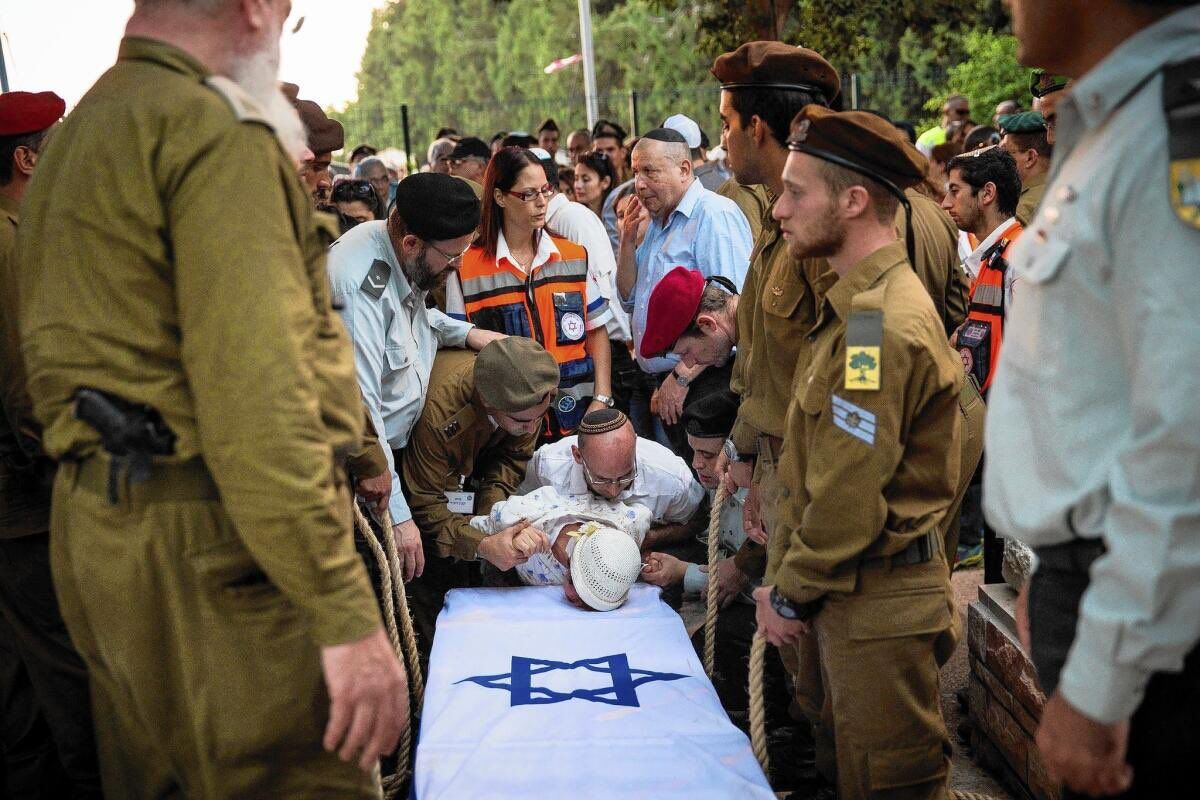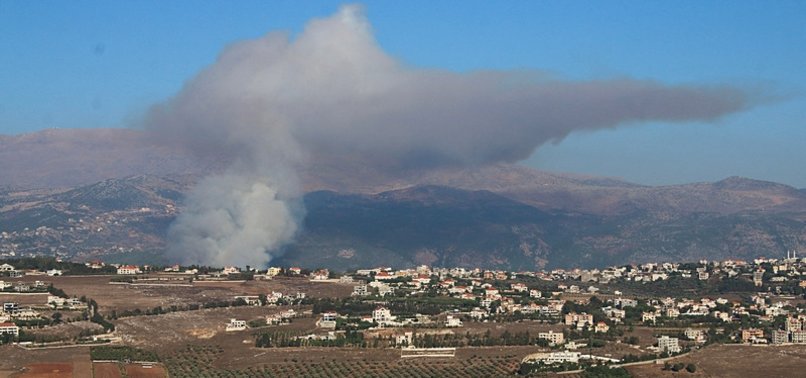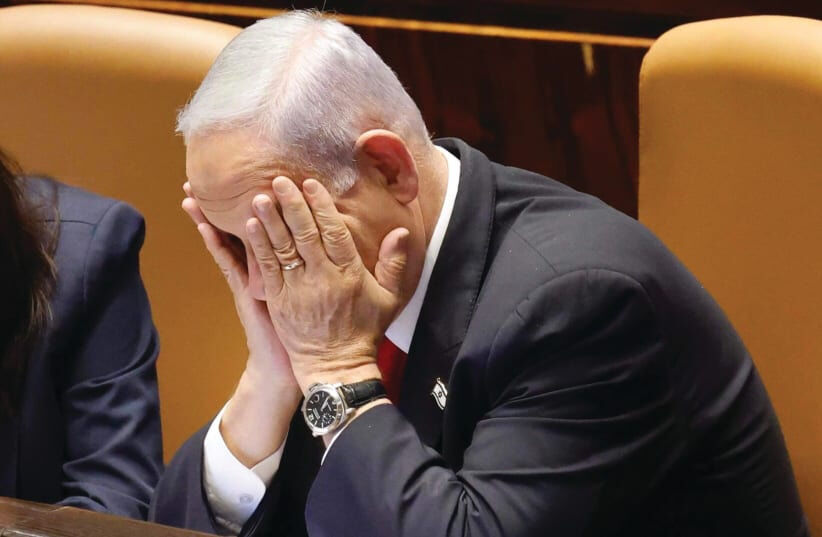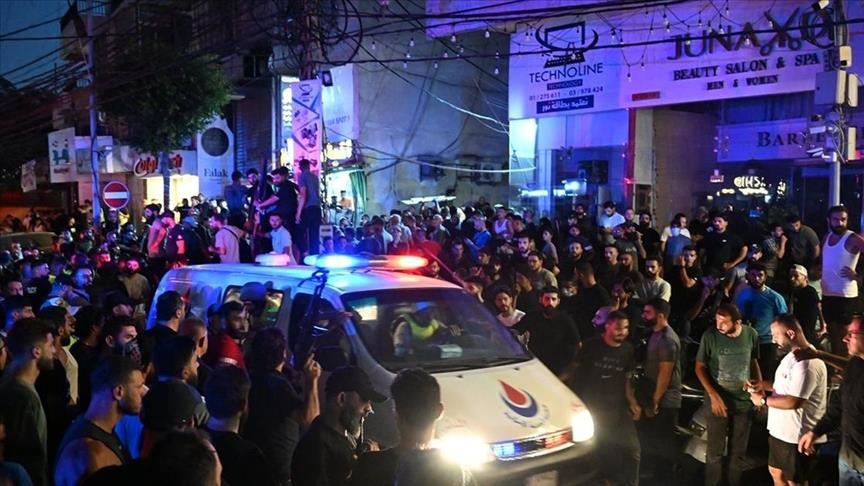Prime Minister Benjamin Netanyahu is “enslaving Israel’s national interest in the service of his own political, personal and criminal interests,” according to a former member of Israel’s National Security Council.
Most Israelis believe Netanyahu is “operating for his own political interests and not for the national interest,” Eran Etzion, former deputy head of the council, told Anadolu.
“I’m one of those in the majority who believe that this is the case.”
This is evident in how the Netanyahu government has “deliberately” failed in achieving its war goals, he said, adding that Israel has made some progress but remains far from eliminating all of Hamas’ military capabilities and governmental abilities in Gaza.
“I, as an analyst, cannot say that Israel achieved its goals, and I can say that the fact that Israel did not achieve its goals is by design,” said Etzion, a non-resident scholar at the Middle East Institute in Washington.
This government “deliberately did not want to achieve all those goals because they want to extend the war for the political reasons,” he asserted.
On Israel’s recent assassinations of Hamas and Hezbollah leaders, Etzion emphasized that “targeted killings are not an alternative for a real political strategy.”
Hamas’ political chief Ismail Haniyeh was killed on 3 August while visiting the Iranian capital Tehran for the inauguration of President Masoud Pezeshkian, a day after Hezbollah commander Fuad Shukr was targeted in an Israeli airstrike in a southern suburb of Lebanon’s capital Beirut.
While Hamas and Iran have blamed Israel for Haniyeh’s killing, Tel Aviv has not confirmed or denied its responsibility.
A day later, the Israeli military claimed it had intelligence that Hamas military commander Mohammad Deif was killed in a July 13 airstrike in Gaza’s Khan Younis area.
The Palestinian group, however, has not confirmed Deif’s death, while it announced Yahya Sinwar as Haniyeh’s successor on Tuesday.
“Personally, I don’t think they (the assassinations) were strategically effective. They might have been effective tactically … but they’ve proven that they can recuperate pretty quickly,” said Etzion, who also served as the head of policy planning at the Israeli Foreign Ministry.
“This is certainly not a strategy,” he added.
‘Acting for the instigation of a wider regional war’
Regarding the future course of Israel’s war on Gaza, Etzion pointed out that there is a split within the country and its leadership.
The public and the “wider defense establishment” are in favor of signing a deal for a cease-fire and the release of hostages, he said.
However, Netanyahu and some of his ministers, notably the far-right extremist ministers, are openly advocating for and “acting for the instigation of a wider regional war,” he added.
“Most Israelis are ready to sign the deal as it is. The negotiators themselves are ready to sign. The minister of defense, head of the IDF, head of the Shin Bet, they’re all saying let’s sign,” Etzion said.
This position, according to the former government official, reflects “both the genuine Israeli national interest and the will of the majority of Israelis.”
“But Netanyahu is putting up new obstacles because his personal interest … is to prevent the deal, rather than to sign it.”
He pointed out that public opinion regarding the war on Gaza has changed over the past 10 months “as the actual situation on the ground turned out to be not as favorable as they hoped.”
Most Israelis, around 60% or 70%, now want to end the war, although they are still divided over the long-term solution, he said.
“I share the conclusion that the national interest dictates ending the war, releasing the hostages, going for elections, replacing our political leadership and our military leadership that failed catastrophically on Oct. 7 … going for a national reconstruction on multiple levels. That’s what we need in the coming years,” Etzion added according to the Turkish news agency.

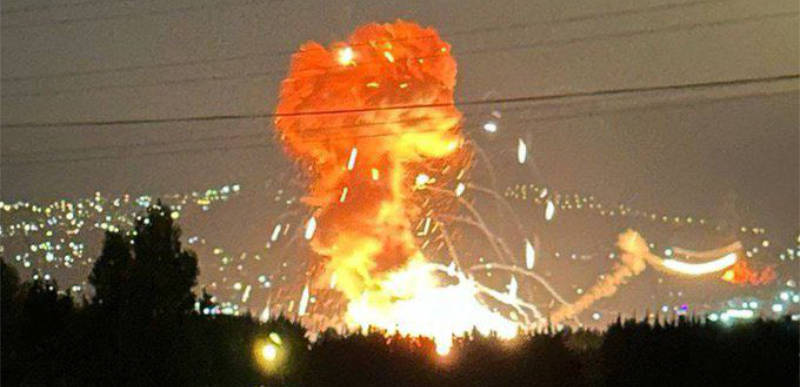
 Explosions in Shtula in the Western Galilee after sirens sounded.
Explosions in Shtula in the Western Galilee after sirens sounded.





